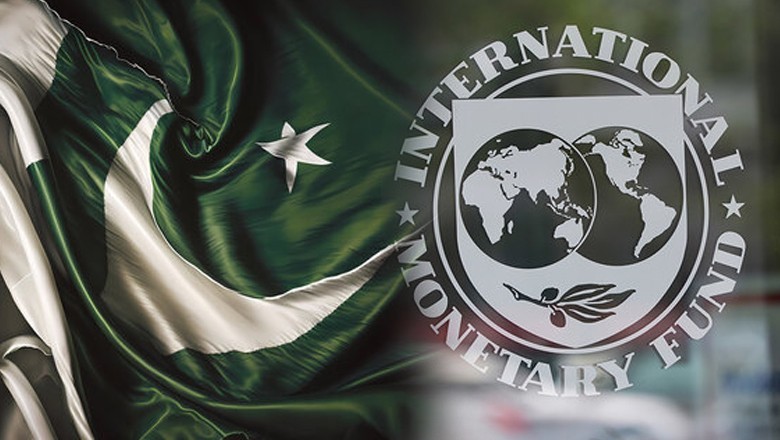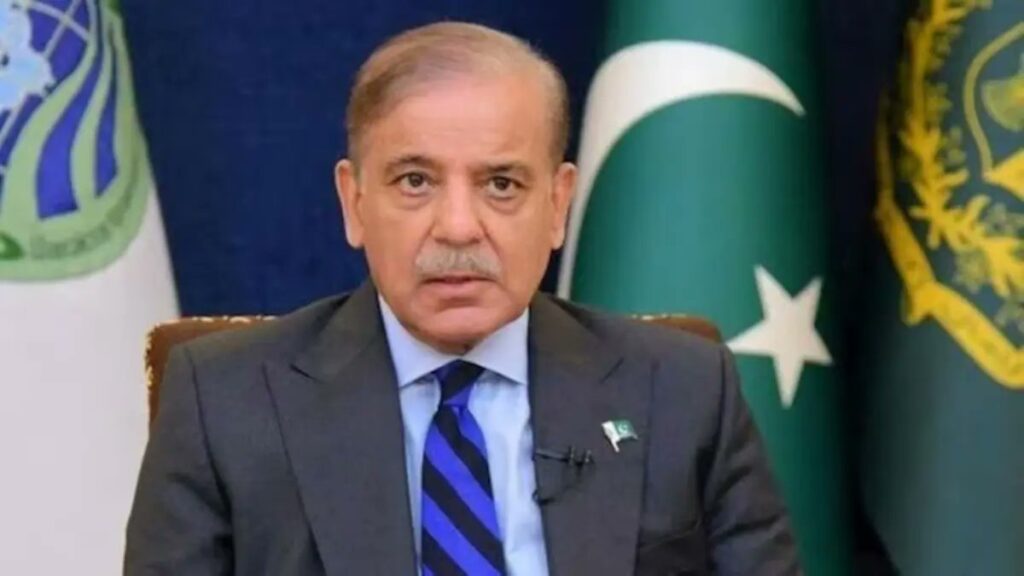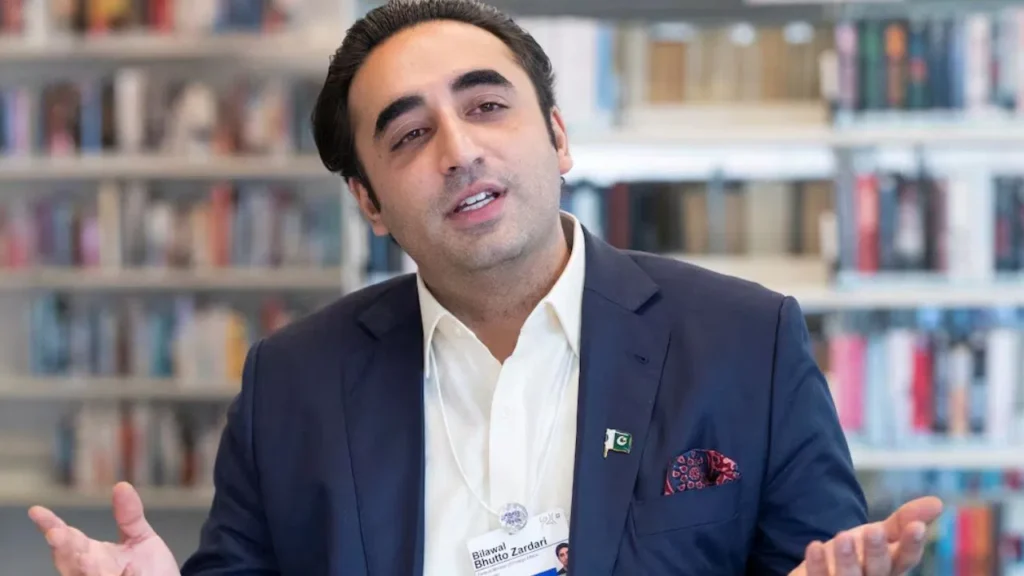Why India Opposed the IMF Funding and What It Means for Pakistan’s Economy
The International Monetary Fund (IMF) recently approved a $2.4 billion bailout package for Pakistan, a decision that sparked debate due to India’s opposition. This article breaks down the key aspects of this financial aid, India’s stance, the IMF’s decision-making process, and the broader implications for Pakistan’s economy and regional stability.
Pakistan’s Frequent IMF Bailouts: A Long History
Pakistan has a long history of relying on IMF support to stabilize its economy. According to reports, the country has received bailout packages in 28 of the last 35 years, with four IMF programs in the past five years alone. This frequent dependence highlights Pakistan’s ongoing economic challenges, such as high debt, inflation, and a lack of sustainable growth. The latest $2.4 billion package, approved on May 9, 2025, aims to provide immediate financial relief to help Pakistan manage its economic crisis. However, this recurring need for bailouts has raised concerns among some IMF member countries, particularly India, about the effectiveness of these programs in creating long-term economic stability.
India’s concern stems from the belief that previous IMF programs should have helped Pakistan build a “sound macro-economic policy environment.” In other words, India argues that if earlier bailouts had been used effectively, Pakistan would not need repeated financial aid. This perspective reflects broader worries about whether Pakistan is addressing the root causes of its economic issues or simply relying on external support to delay necessary reforms.

India’s Opposition and Abstention from the IMF Vote
India, a member of the IMF Executive Board, chose to abstain from voting on the $2.4 billion bailout package for Pakistan. While the IMF does not allow a direct “no” vote, it provides the option to abstain, which India exercised to express its reservations. India’s decision was based on two main concerns: Pakistan’s poor track record in managing its economy and the potential misuse of funds for activities like cross-border terrorism.
India pointed out that Pakistan’s frequent bailouts indicate a failure to implement sustainable economic reforms. Additionally, India raised the issue of regional security, noting that funds could be diverted to support activities that destabilize neighboring regions, including parts of Jammu and Kashmir. Jammu and Kashmir Chief Minister Omar Abdullah echoed these concerns, criticizing the IMF for approving the bailout. He alleged that Pakistan uses such funds to “devastate” areas like Poonch, Rajouri, Uri, and Tangdhar, which have been affected by cross-border tensions.
How the IMF Makes Decisions: The Voting Process
The IMF’s decision-making process involves its Executive Board, which consists of 25 directors representing member countries or groups of countries. Countries with larger economies, such as the United States, China, and Japan, hold more voting power, and decisions are typically made by consensus rather than a simple majority. This structure ensures that major economies have a significant influence on IMF policies and loan approvals.
In the case of Pakistan’s $2.4 billion bailout, the IMF proceeded with the approval despite India’s abstention. The absence of a “no” vote option means that abstaining is the strongest form of opposition a country can express within the IMF framework. However, since decisions are consensus-based, an abstention does not block a loan approval if the majority of the board agrees to move forward. This explains why the IMF went ahead with the bailout, even with India’s concerns on the table.
Moreover, India’s worries about the potential misuse of funds for cross-border terrorism underscore the geopolitical tensions between the two nations. The IMF’s decision to approve the bailout despite these concerns suggests that economic considerations often take precedence over regional security issues in such decisions. For Pakistan, the challenge lies in using this financial aid responsibly to build a stronger economy while addressing the trust deficit with its neighbors.





















